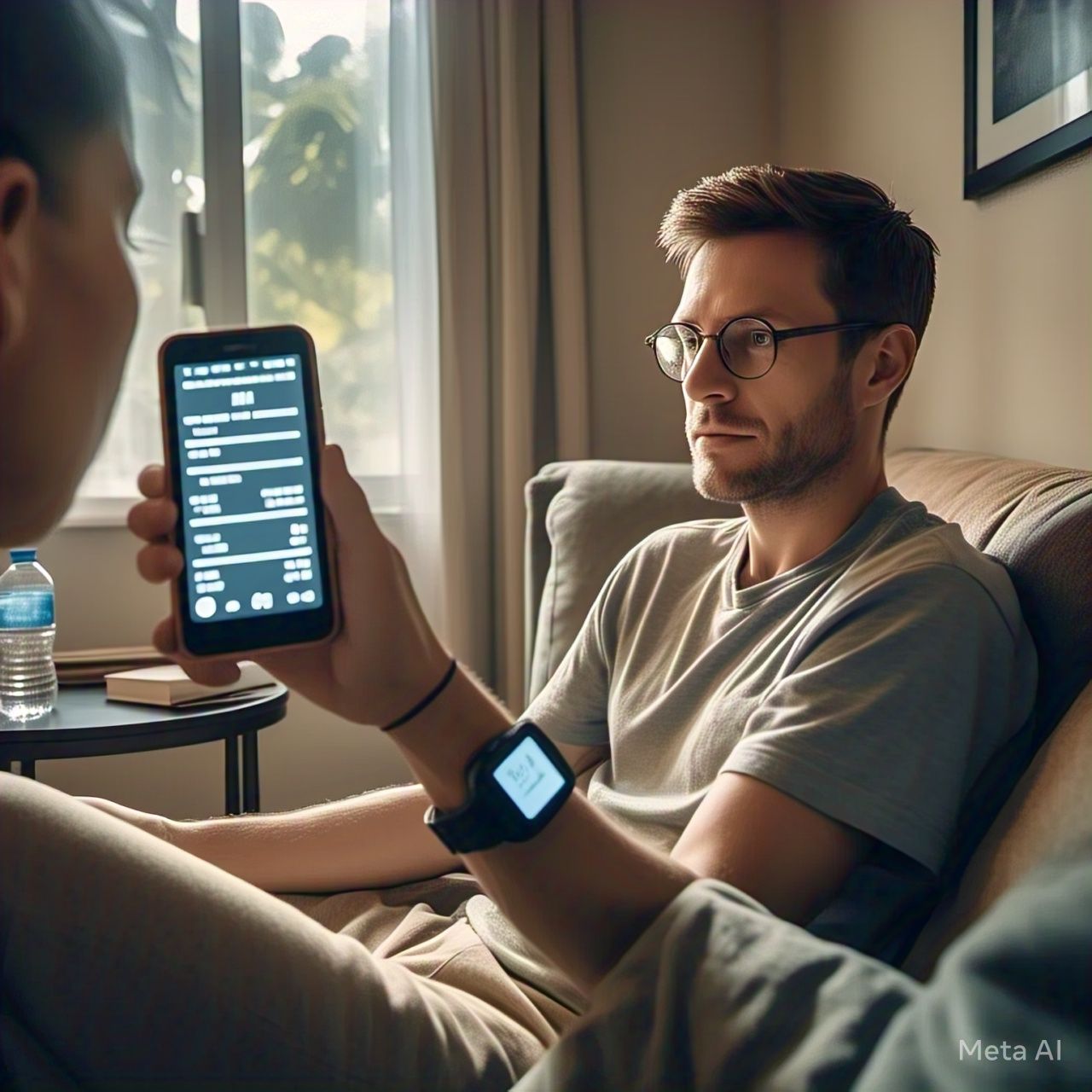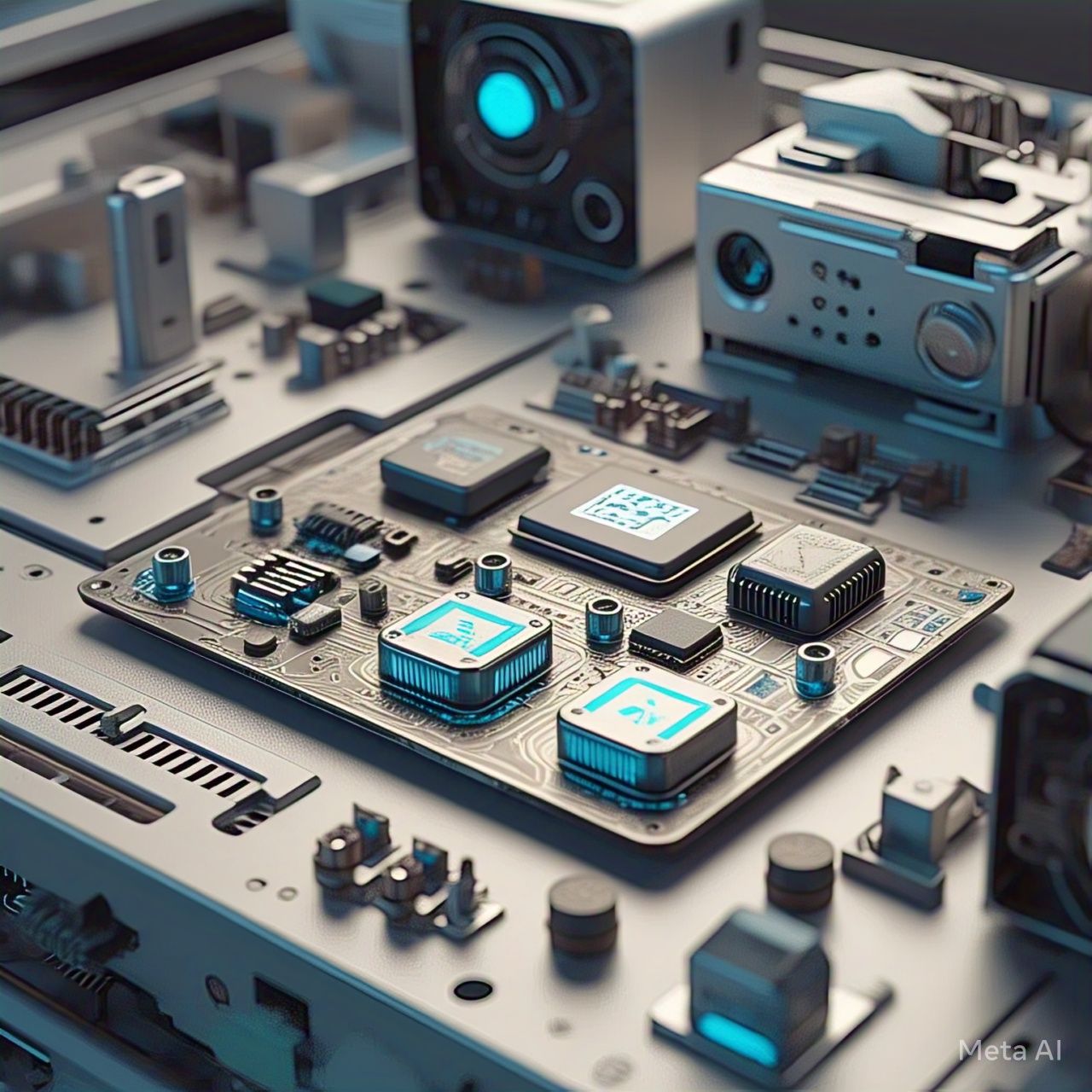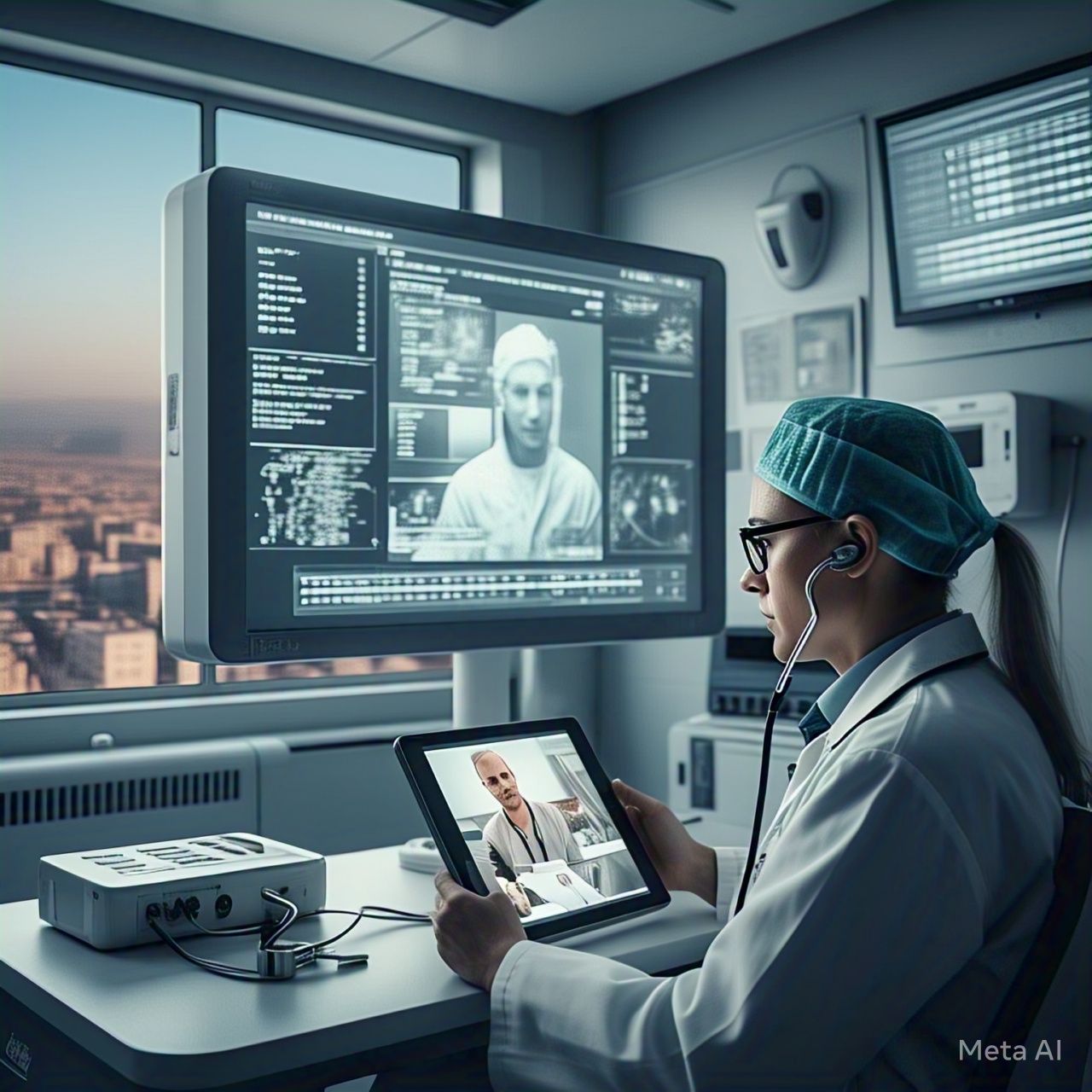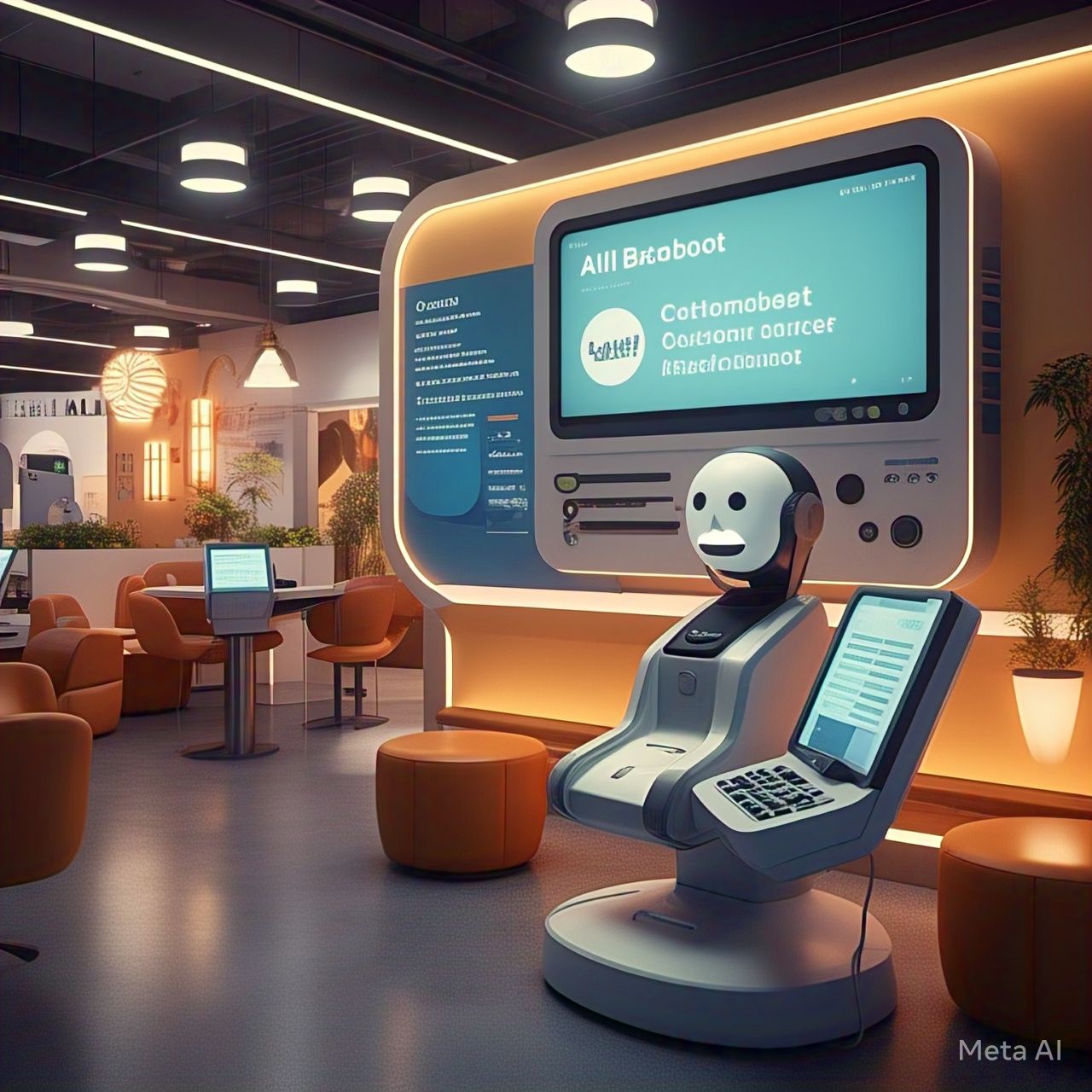Table of Contents
- Introduction
- How AI Enhances Remote Patient Monitoring
- Key Technologies Powering AI in Remote Healthcare
- Benefits of AI-Driven Remote Patient Monitoring
- Challenges and Ethical Considerations
- Real-World Applications and Case Studies
- The Future of AI in Remote Healthcare
- Conclusion
- FAQs
- References
Introduction
Artificial Intelligence (AI) is transforming healthcare, particularly in remote patient monitoring (RPM). AI-driven systems help doctors and caregivers track patients’ health in real-time, ensuring timely interventions, reducing hospital visits, and enhancing patient outcomes. With advancements in machine learning, wearable technology, and big data analytics, AI is making healthcare more accessible, efficient, and personalized.
In this article, we explore how AI is revolutionizing remote patient monitoring, its benefits, challenges, real-world applications, and what the future holds for AI-powered healthcare at home.
How AI Enhances Remote Patient Monitoring
AI enhances RPM by analyzing large datasets, identifying patterns, and providing real-time alerts. Key functionalities include:
- Continuous Monitoring: AI-powered wearables track vital signs like heart rate, oxygen levels, and blood pressure.
- Predictive Analytics: AI detects potential health risks before symptoms appear.
- Automated Alerts: AI notifies doctors and caregivers when a patient’s health metrics deviate from normal ranges.
- Personalized Treatment Plans: AI customizes treatment recommendations based on patient history and real-time data.
- Virtual Health Assistants: AI chatbots provide 24/7 patient support and medical guidance.
Table: AI Features in Remote Patient Monitoring
| Feature | Function |
|---|---|
| Predictive Analytics | Identifies potential health risks using AI algorithms |
| Wearable Integration | Syncs data from smart devices to monitor vitals |
| Automated Alerts | Notifies healthcare providers and patients of abnormal readings |
| Personalized Health Insights | Recommends personalized treatment plans based on data analysis |
| AI Chatbots | Assists patients with symptom tracking and general health queries |
AI in Remote Health Monitoring Devices
1. Wearable Devices
AI-driven wearables continuously collect health metrics such as:
- Smartwatches – Track heart rate, oxygen levels, sleep patterns, and activity levels.
- ECG Monitors – Detect arrhythmias and other cardiac issues.
- Smart Contact Lenses – Measure glucose levels for diabetic patients.
- Smart Patches – Monitor temperature, hydration, and stress levels.
2. AI-Powered Sensors and IoT Devices
Connected health devices powered by AI include:
- Smart Blood Pressure Monitors: Analyze blood pressure trends and predict risks.
- Continuous Glucose Monitors: Help diabetics manage blood sugar levels in real-time.
- AI Stethoscopes: Detect heart and lung abnormalities remotely.
- Smart Scales: Monitor weight changes related to chronic conditions like heart disease.
- Sleep Monitoring Devices: Track sleep patterns and identify disorders like sleep apnea.
3. AI in Telemedicine Platforms
Telemedicine and AI-powered chatbots allow patients to consult with healthcare providers remotely. These tools:
- Offer preliminary diagnoses based on symptoms.
- Provide medication reminders and health education.
- Reduce the need for frequent in-person visits.
AI-Driven Benefits of Remote Patient Monitoring
AI-powered RPM provides numerous advantages for patients, caregivers, and healthcare providers.
1. Improved Patient Outcomes
- Early disease detection reduces emergency hospital visits.
- Continuous monitoring ensures timely medical interventions.
2. Increased Efficiency for Healthcare Providers
- AI can analyze patient data faster than humans, reducing the burden on medical professionals.
- Automated reporting minimizes manual work, allowing doctors to focus on critical cases.
- Virtual assistants handle non-emergency consultations, freeing up physicians’ time.
3. Cost Reduction for Healthcare Systems
- RPM reduces hospital readmissions by preventing complications.
- It lowers costs related to in-person consultations and emergency room visits.
Challenges and Ethical Considerations
Despite its advantages, AI in RPM faces several challenges:
| Challenge | Description |
| Data Privacy | Protecting patient health records from cyber threats is critical. |
| Bias in AI Algorithms | AI models may have biases due to unbalanced datasets. |
| Regulatory Hurdles | Compliance with HIPAA, GDPR, and other health regulations can be complex. |
| Technology Access | Not all patients have access to AI-driven devices or reliable internet. |
Ethical Considerations
- Patient Data Privacy: Ensuring secure storage and usage of personal health data.
- Algorithmic Transparency: AI decisions should be interpretable by medical professionals.
- Reliability of AI Diagnoses: Human oversight is necessary to validate AI-generated recommendations.
- Equal Access to Technology: Bridging healthcare disparities to ensure access for all patients.
The Future of AI in Remote Patient Monitoring
1. Integration with Smart Homes
- AI will enable automated medication reminders and real-time health monitoring.
- Smart home devices will monitor movement, detect falls, and alert caregivers.
2. Predictive Healthcare with AI
- Machine learning will become more accurate in predicting disease progression.
- AI-driven diagnostics will enable early intervention, reducing hospital visits.
3. Personalized Treatment Plans
- AI will provide customized treatment suggestions based on genetic and lifestyle factors.
- Personalized nutrition and exercise plans will enhance overall well-being.
4. Expansion of AI-Powered Virtual Healthcare
- AI-driven telehealth will provide instant medical consultations.
- Virtual mental health therapy and emotional support will improve patient care.
- AI will help provide healthcare access to remote and underserved communities.
FAQs
1. How does AI improve remote patient monitoring?
AI enhances real-time health tracking, predictive analytics, and early disease detection, ensuring better patient outcomes.
2. What health conditions can AI-based remote monitoring track?
AI can monitor diabetes, heart disease, hypertension, respiratory conditions, mental health disorders, and more.
3. Are AI-driven remote health devices secure?
Data security is a concern, but regulations like GDPR and HIPAA ensure strict patient data protection.
4. Can AI replace human doctors in remote healthcare?
AI can enhance healthcare delivery, but human expertise is still necessary for complex medical decisions.
Conclusion
AI-powered remote patient monitoring is transforming healthcare by improving accessibility, efficiency, and patient outcomes. From wearable devices to predictive analytics and AI-driven virtual assistants, this technology is enhancing healthcare accessibility for patients worldwide. However, addressing data security, ethical concerns, and technological barriers remains crucial for the future of AI in remote healthcare.




